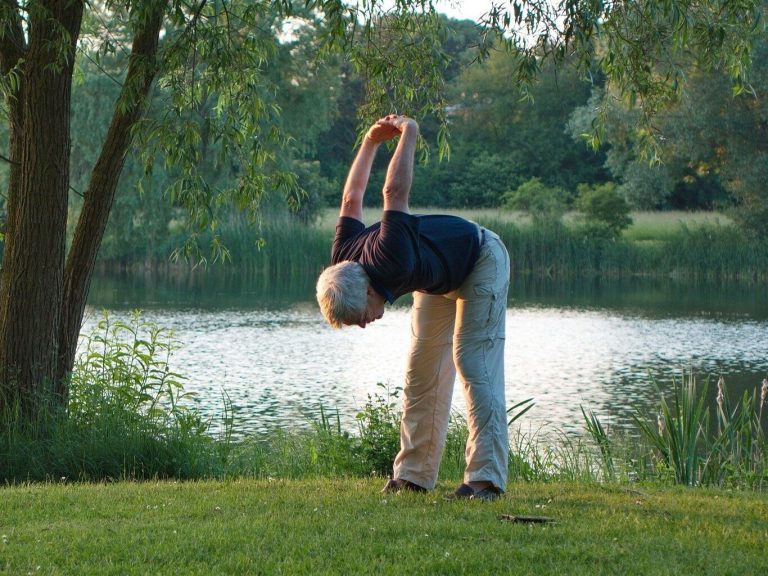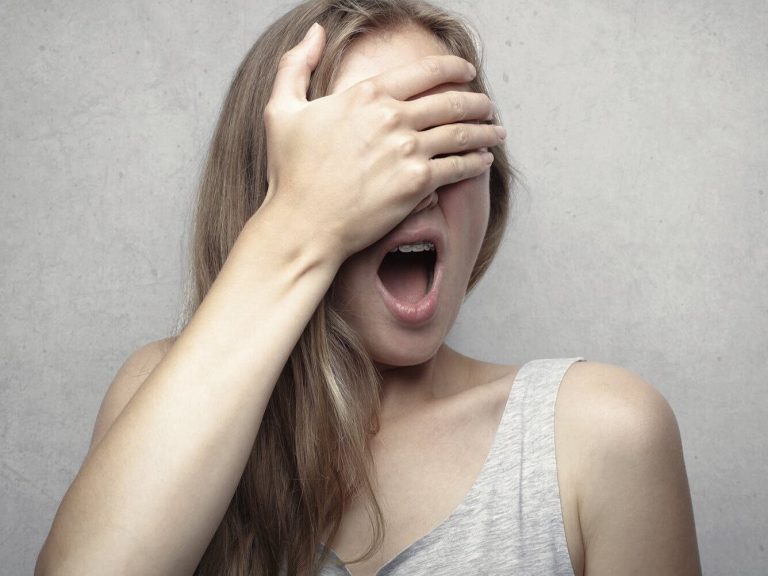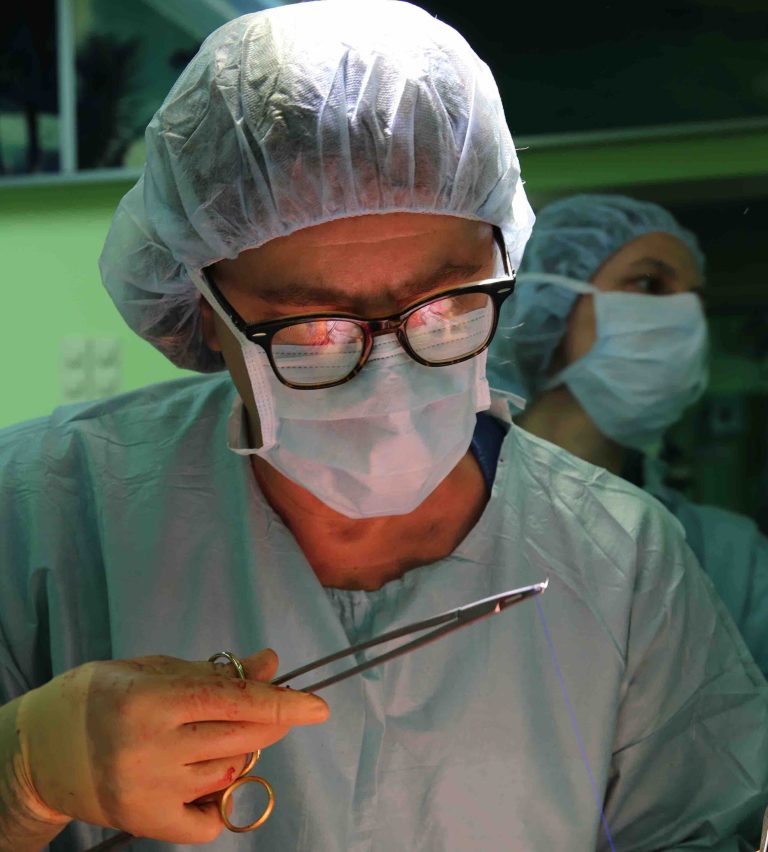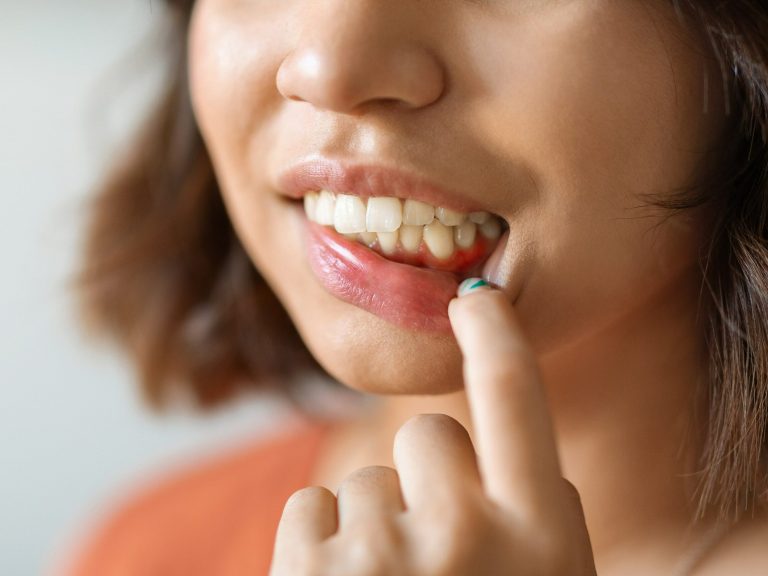It resembles PMS and often affects women in their 40s. What is PMDD?
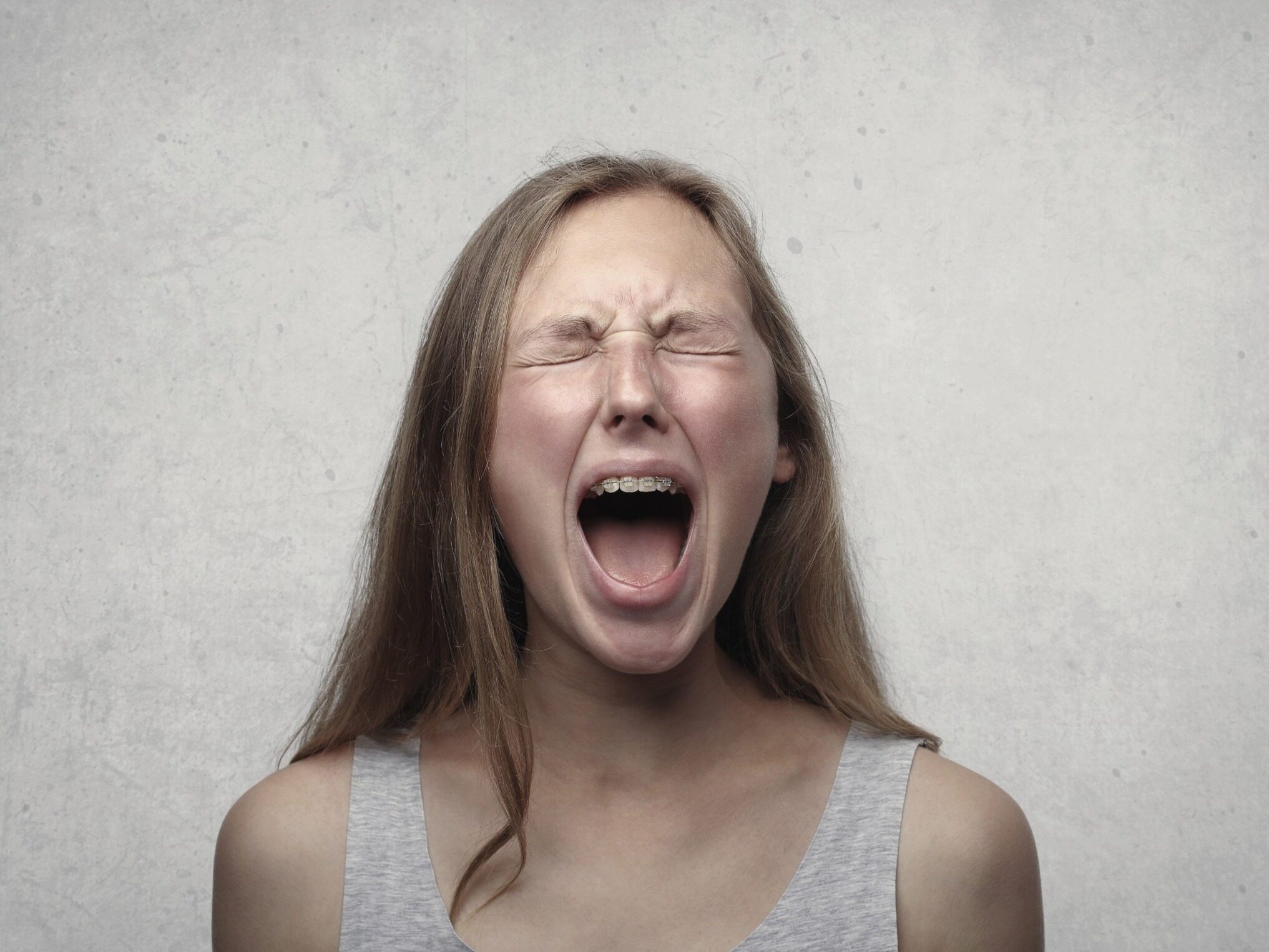
PMS and PMDD are similar but distinct concepts. The first one means premenstrual syndrome. However, the abbreviation PMDD refers to a less known one – premenstrual dysphoric disorder. What is PMDD?
PMDD is an abbreviation of the English words Premenstrual Dysphoric Disorder, which translates as premenstrual dysphoric disorder. It appears in the luteal phase of the menstrual cycle (i.e. in the period from the end of ovulation to the next menstruation). PMDD usually lasts several days. The causes of its occurrence are not fully understood. Researchers suggest that premenstrual dysphoric disorder may be related to hypersensitivity to hormonal changes that occur in the body during the menstrual cycle, such as serotonin levels. The problem of PMDD affects approximately 2-6%. women in their reproductive years.
What is PMDD and how does it differ from PMS?
Are you wondering what the difference is between PMDD and PMS? Both conditions are related to the menstrual cycle, but premenstrual dysphoric disorder is perceived as more bothersome. The intensity of the accompanying symptoms is often so great that it makes everyday functioning much more difficult, and sometimes even impossible. What ailments are these? The most frequently mentioned symptoms of PMDD are:: :
-
mood swings,
-
high irritability,
-
lack of energy,
-
apathy,
-
general malaise,
-
anxiety,
-
difficulty concentrating,
-
feeling overwhelmed or isolated
-
panic attacks,
-
loss of appetite or overeating,
-
thoughts of suicide,
-
sleep disorders,
-
headaches,
-
flatulence.
It is also worth noting that the symptoms of premenstrual dysphoria usually last longer than the symptoms of PMS. Up to 6% experience PMDD. women of reproductive age, and it may intensify at various periods of life, for example after exceeding 40 years of age (due to hormonal changes taking place in the body and entering the peri-monopause period).
PMDD – treatment
Severe symptoms of premenstrual dysphoric disorder require pharmacotherapy. The patient is given antidepressants called selective serotonin reuptake inhibitors (SSRIs) as well as painkillers. The help of a psychologist or psychotherapist is often necessary. A good way to alleviate the mental and physical suffering experienced by a woman suffering from PMDD is to use relaxation techniques, increase physical activity and introduce changes in the daily diet (resignation from stimulants and highly processed foods in favor of fresh products rich in microelements and vitamins). .

